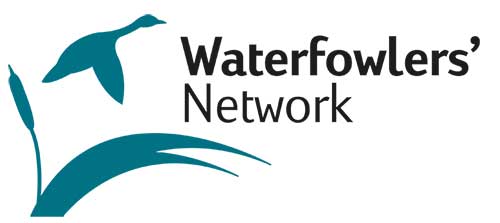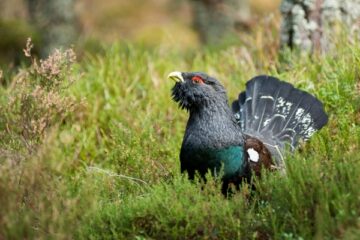
BASC has joined the newly established cross-border Waterfowlers’ Network, a co-operative of organisations set up to strengthen conservation measures for migratory waterfowl in Europe.
The network consists of organisations from seven countries, which will collaborate on a variety of tasks such as data collection and sharing and restoring habitats along the birds’ migratory routes.
Migratory waterbirds have no borders and move regularly between countries, so cooperation is essential to oversee conservation success. From the breeding grounds in the north of Europe to the wintering areas in the south, the more work and information sharing that takes place the better the expected outcomes.
Other countries that have joined the new network are Finland, Denmark, Sweden, Ireland, Germany and the Netherlands.
Claus Lind Christensen, the network’s organiser, said: “The project is about safeguarding our wildfowl in a changing world, but also about securing hunting opportunities for our descendants.
“Waterfowlers’ Network will seek to collaborate with stakeholders in order to coordinate and strengthen conservation efforts and attempt to fill any missing gaps in order to witness success.”
Matt Ellis, head of science at BASC, said: “History has shown us that you cannot legislate wildfowl into abundance, success comes from the ground up. With that we are delighted to be a part of this proactive network which will look to deliver practical, on the ground benefits for our migratory waterfowl. Wildfowlers are the guardians of the foreshore and so we are looking forward to working with our new partners to ensure a sustainable future for duck and goose shooting in the UK.”



